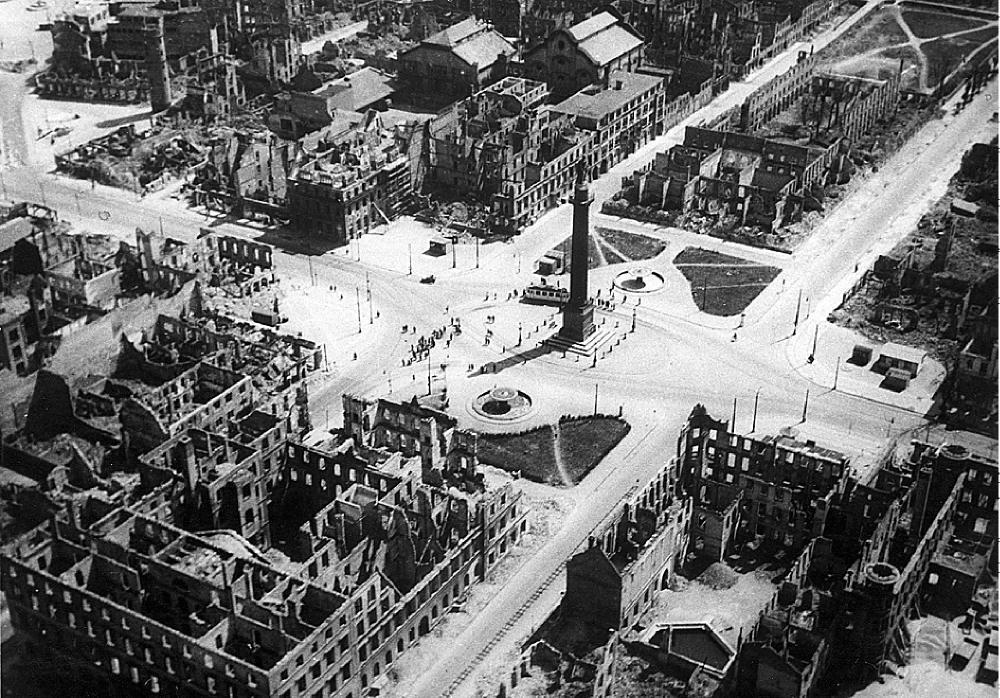Sherman123
DP Veteran
- Joined
- Jul 5, 2012
- Messages
- 7,774
- Reaction score
- 3,791
- Location
- Northeast US
- Gender
- Male
- Political Leaning
- Undisclosed
Well, that's a nice little bow to wrap around a bag of crap. War is never that neat. As individuals we can make moral judgements but functionally none of us have the background or information to judge with any moral authority. Mi Lai may have been punishable for the actions of Lt Calley and they may have been uncivil and even unnecessary by standards held by those sitting on the sidelines. For the men and women doing the heavy lifting in the name of their countries war is not something understood in the largest context. For them,who have been trained to kill with a sense of patriotism, it's personal.
That is incredibly lazy. No one can have an opinion on anything unless they were literally there to act as observers? There is always the x-factor of what high stress and extraordinary situations do to people but that isn't an exclusion clause for people who don't want to say gunning down a few hundred people wasn't an atrocity. Hell I heard the Serbs at Srebrenica had a really tough year fight it out in Srpska, so really who am I to judge with 'moral authority' what they did?

